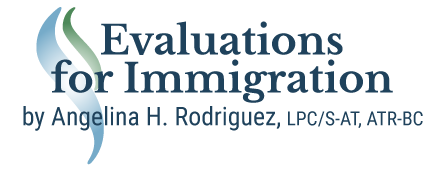An extreme or exceptional hardship waiver can be applied when you, as an immigrant, suffer from deportation to the home country from where you fled from and your spouse or significant other, that is a legal U.S. citizen, is left to fend for themselves in America. This waiver is valid when the legal US citizen(s), including a spouse, fiancée, parent, child, or green card holder, would suffer ‘exceptional hardship’ if required to return to their home country for two years, OR if they left the U.S. to be with you. Exceptional hardships may also be psychological, social, cultural, economic, educational, career-related, political, religious, or due to military service. It could be that your U.S. business would fail if you weren’t present, or that your dependent family wouldn’t be able to continue their career if you returned home.
What may be considered “exceptional” hardship?
There are many scenarios that may count towards being an “exceptional” hardship. These are just some instances:
- In your home country, your wages will likely decrease, or you may not be able to find employment, thereby drastically reducing your family’s income if they rely on you for support.
- Maintaining two households (if your family does not return with you) will cause exceptional financial hardship.
- You might have additional difficulties if your spouse is unfamiliar with the culture of your home country and there are strict local restrictions (religious restrictions, for example).
- Caretaking for a seriously ill or infirm parent is the primary responsibility of the primary caretaker. If you return to your home country, this responsibility will not be available to you.
- Your spouse suffers from illness, is underinsured, and cannot receive proper medical treatment when outside of the U.S.
- An accumulation of various “ordinary” hardships may be viewed as being “exceptional”.








